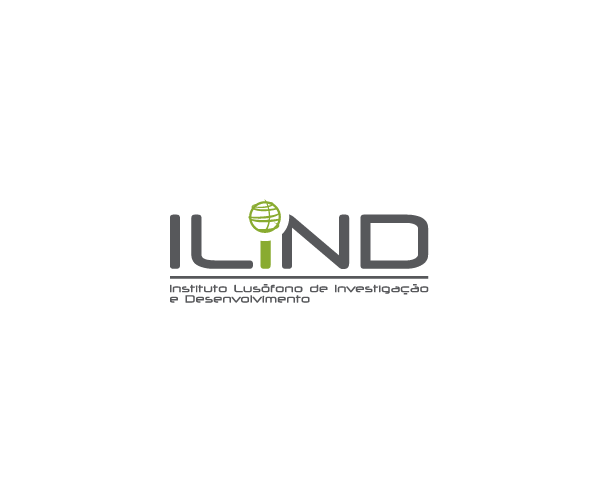
Project Reference
Start / End
01/02/2025 (18 months)
Status
Active
Funding Programme
ILIND / COFAC
Funding (Total)
15 000,00 €
Heilab Funding
15 000,00 €
Leading Partner
HEI-LAb
Consortium
HEI-Lab (ULusófona)
COPELABS (ULusófona)
Abstract
Extreme weather events threaten public safety and can have a broad impact on public health and socioeconomic stability. Severe weather warning communications are key to ensuring that citizens are alerted and take adequate protective action. In Portugal these warnings are guided by a risk matrix that evaluates the likelihood of an extreme event occurring and its potential impact severity. This approach is inherently probabilistic, however the alerts currently issued by national authorities do not contain probabilistic information or explicit information about likelihood and severity, being unclear their effectiveness in alerting the public and promoting protective action in line with the threat level. Moreover, Portuguese citizens' cognitive, emotional, and behavioural response to these warnings remains largely unexplored. To address this knowledge gap, and across two experimental studies, this project aims to investigate the impact of different severe weather warnings, with and without probabilistic informat on, on cognitive, affective, and behavioural public responses to such warnings. In study 1 we will assess the impact of these severe weather warnings on four key factors: 1) perceived severe weather risk (i.e., subjective judgments of likelihood, severity, and concern); 2) trust in future severe weather warnings and in the forecast institution; 3) emotional responses to the severe weather warnings; and 4) intentions to take protective action. In the second study, we will conduct a virtual reality simulation to assess the warnings effectiveness, during a cognitive task, in promoting recall, risk perception, trust, emotions, and intentions to take protective action in line with the warning’s risk level. With this project we aim to advance the understanding about how severe weather warnings can be improved to be more trustworthy and effective in promoting public action. Moreover, it will inform the design of effective evidence-based weather warning communications. Policymakers, particularly in Portugal, but also in other countries, can capitalize on these insights to enhance public understanding, trust, and responsiveness to severe weather warnings, promoting protective actions and reducing potential harm to the affected populations.















